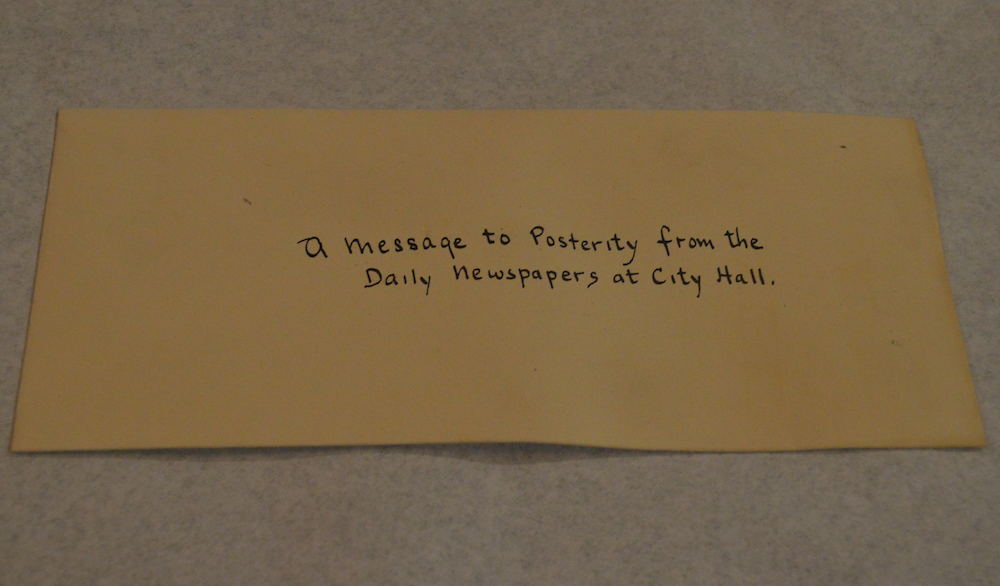The Boston Globe wrote about Univision anchor Jorge Ramos and his comment that while he has...
His comments came right after the Rolling Stone rape story debacle.
And speaking of journalism loosing its wheels, although fictional, there is an element of truth in the latest (and next to last) episode of HBO's The Newsroom. A digital editor has been planted in the newsroom by the new owner, and he has sprung a new "ap" on the network. Business reporter Sloan Sabbith, played by Olivia Munn, convinces him to come on air to be interviewed about the ap---leading the sheep to the slaughter--- and she cuts him off at the knees. Here's a clip that includes almost the entire scene:
A National Geographic article discusses ads in magazines during WWII...a time when few people had money to buy things, and when most manufacturing plants were producing only military goods. So why were they advertising?

ALSO: Nikon is holding the same yearly photo contest it has since 1969...but this year there is one stipulation:
A small sigh.
Times change. History will characterize the digital revolution as having changed more institutions and lives than perhaps any other non-military event in American and World History.
PLUS: A century old letter from journalists in Boston has been
unearthed in a time capsule. You can read it all HERE.
[The Monday Morning Media Memo is a longtime regular feature of this website]
“nothing against objectivity,” journalism is meant to be wielded as “a weapon for a higher purpose: justice.”
His comments came right after the Rolling Stone rape story debacle.
And speaking of journalism loosing its wheels, although fictional, there is an element of truth in the latest (and next to last) episode of HBO's The Newsroom. A digital editor has been planted in the newsroom by the new owner, and he has sprung a new "ap" on the network. Business reporter Sloan Sabbith, played by Olivia Munn, convinces him to come on air to be interviewed about the ap---leading the sheep to the slaughter--- and she cuts him off at the knees. Here's a clip that includes almost the entire scene:
###
A National Geographic article discusses ads in magazines during WWII...a time when few people had money to buy things, and when most manufacturing plants were producing only military goods. So why were they advertising?

ALSO: Nikon is holding the same yearly photo contest it has since 1969...but this year there is one stipulation:
We will not be accepting any entries taken on film. Scans of photographs taken by film cameras are not eligible.
 |
| You can buy one of the original mass produced film cameras for $10 |
A small sigh.
Times change. History will characterize the digital revolution as having changed more institutions and lives than perhaps any other non-military event in American and World History.
PLUS: A century old letter from journalists in Boston has been
unearthed in a time capsule. You can read it all HERE.
[The Monday Morning Media Memo is a longtime regular feature of this website]


No comments:
Post a Comment